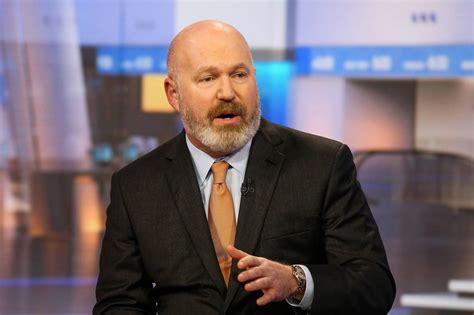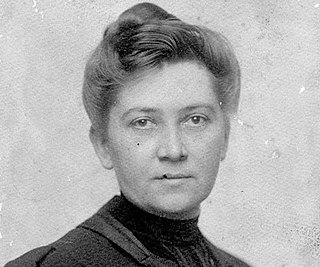A Quote by John Calvin
True it is, that he who has taken off his affection from the goods of this world has already sold all, and has made himself poor, so far as depends upon himself; but the fruit and the proof of this spiritual poverty are, patiently to endure the loss of worldly goods, and without any regret, when it pleases our heavenly Father that we should be despoiled of them.
Related Quotes
Seek the simplest in all things, in food, clothing, without being ashamed of poverty. For a great part of the world lives in poverty. Do not say, "I am the son of a rich man. It is shameful for me to be in poverty." Christ, your Heavenly Father, Who gave birth to you in the baptistery, is not in worldly riches. Rather he walked in poverty and had nowhere to lay His head.
But the poor person does not exist as an inescapable fact of destiny. His or her existence is not politically neutral, and it is not ethically innocent. The poor are a by-product of the system in which we live and for which we are responsible. They are marginalized by our social and cultural world. They are the oppressed, exploited proletariat, robbed of the fruit of their labor and despoiled of their humanity. Hence the poverty of the poor is not a call to generous relief action, but a demand that we go and build a different social order.
If the world is made to furnish each individual with the means of livelihood and the instruments for his growth and progress, each man has therefore the right to find in the world what is necessary for himself. The recent Council reminded us of this: "God intended the earth and all that it contains for the use of every human being and people. Thus, as all men follow justice and unite in charity, created goods should abound for them on a reasonable basis."
What then are we to do about our problems? We must learn to live with them until such time as God delivers us from them...we must pray for grace to endure them without murmuring. Problems patiently endured will work for our spiritual perfecting. They harm us only when we resist them or endure them unwillingly.
Our compassion is the fruit of our spiritual lives; it actually arises spontaneously when formed by intention in our spiritual practice. Love and compassion are always the goods of the spiritual journey, and they are guided by divine wisdom, which then shapes compassion in the concrete situations of our existence.
Such was the will of the Father that his Son, blessed and glorious, whom he gave to us, and who was born for us, should by his own blood, sacrifice, and oblation, offer himself on the altar of the cross, not for himself, by whom "all things were made," but for our sins, leaving us an example that we should follow his steps.
The ignorant man is not free, because what confronts him is an alien world, something outside him and in the offing, on which he depends, without his having made this foreign world for himself and therefore without being at home in it by himself as in something his own. The impulse of curiosity, the pressure for knowledge, from the lowest level up to the highest rung of philosophical insight arises only from the struggle to cancel this situation of unfreedom and to make the world one's own in one's ideas and thought.
Our Savior was crucified for our sakes that by His death He might give us life and train and attract us all to endurance. To Him I press on, and to the Father and to the Holy Spirit. I strive to be found true, judging myself unworthy of this world's goods; and yet not I because of the world, but the world because of me. Think of all these things in your heart; follow them with zeal; fight, as you have been commanded, for the truth to the death: For Christ was made 'obedient' even 'to death'
Listing rights generally involves enumerating things you may do without interference (the right to free speech) or may not be done to you without your permission (illegal search and seizure, loud boy-band music in public places). They are protections, not gifts of material goods. Material goods and services must be taken from others, or provided by their labor, so if you believe you have an absolute right to them, and others don't choose to provide it to you, you then have a 'right' to steal from them. But what about their far more fundamental right not to be robbed?
There is no hope for the world unless and until we formulate, accept and state publicly a true moral code of individualism, based on man's inalienable right to live for himself. Neither to hurt nor to serve his brothers, but to be independent of them in his function and in his motive. Neither to sacrifice them for himself nor to sacrifice himself for them.





































